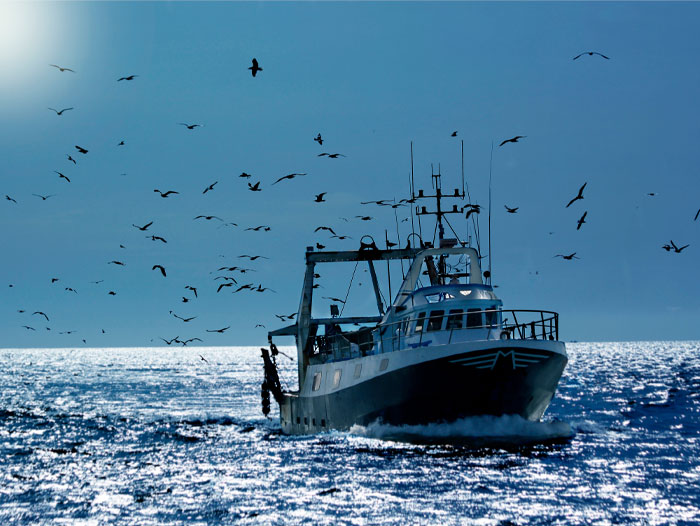A 60-day suspension of regulations has put America’s fisheries at risk, stalling key decisions and threatening the livelihoods of fishermen across the country.
The temporary halt in regulatory procedures has seriously disrupted the management of U.S. fisheries. Critical meetings to determine catch quotas and update regulations — especially for the Atlantic bluefin tuna near North Carolina — have been delayed, leaving the industry vulnerable.
Without timely oversight, vital fisheries in the northeastern U.S., including cod, haddock, and flounder — collectively worth over $41 million in 2024 — may face overfishing and ecological damage.
Fishermen are already feeling the effects. The delayed opening of fishing seasons reduces time at sea, leading to smaller catches, job losses, and limited supply in the market. According to Mr. Martens from the Maine Fishermen’s Association, proper quota monitoring is crucial to protecting the industry’s future.
The situation is even more difficult in the aftermath of the COVID-19 pandemic. Regulatory uncertainty has compounded the challenges for fishers, threatening not just income but also national food security.
Both industry leaders and lawmakers have raised alarms about the Trump administration’s handling of fisheries. Without responsible management and protection of marine ecosystems, the entire fishing industry could suffer — from the docks to the dinner table.

What Needs to Happen?
To ensure long-term sustainability and economic stability, experts stress the urgent need to:
-
Resume standard fisheries management procedures
-
Restore timely oversight of catch limits and regulations
-
Prioritize marine resource conservation





